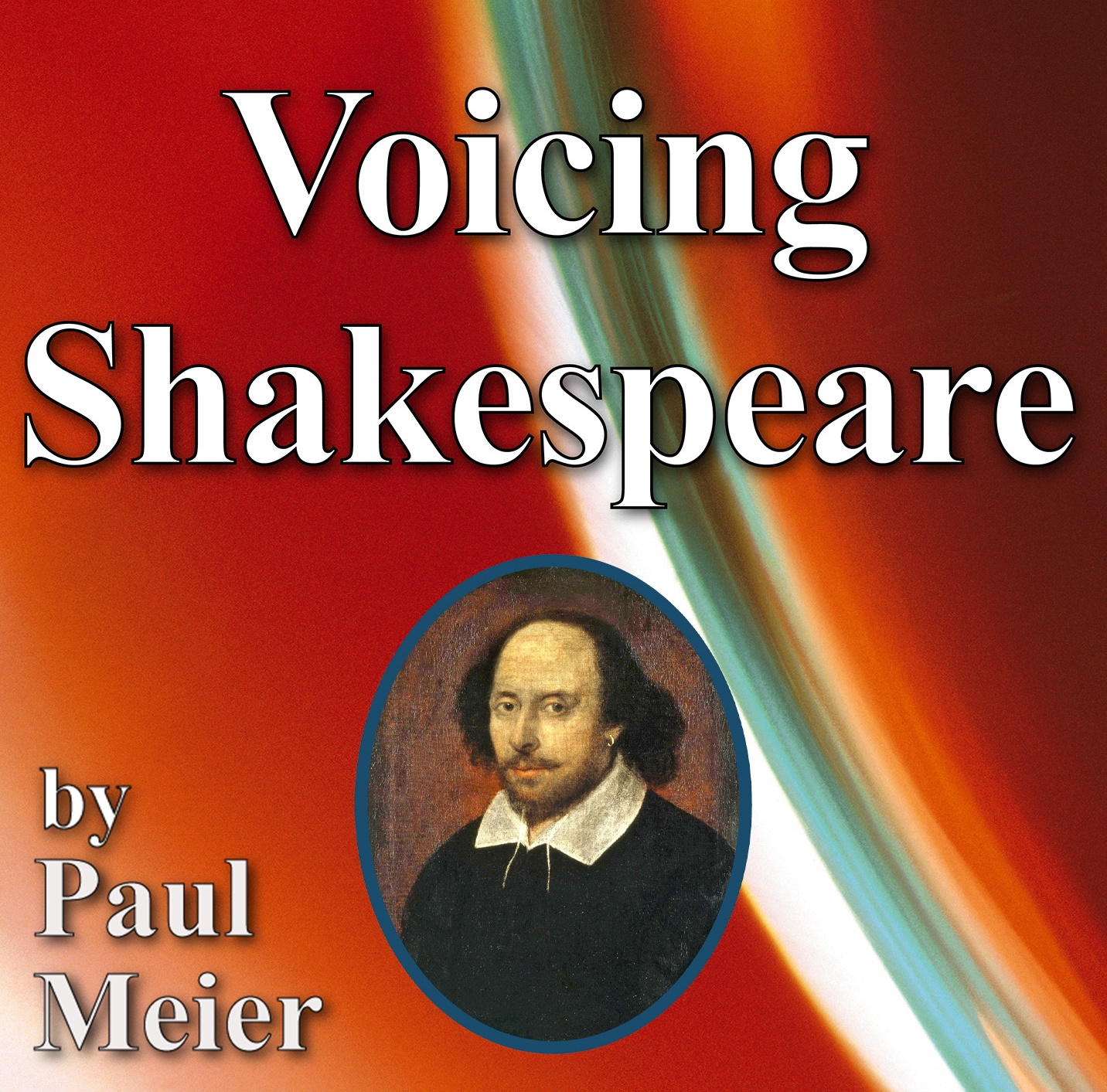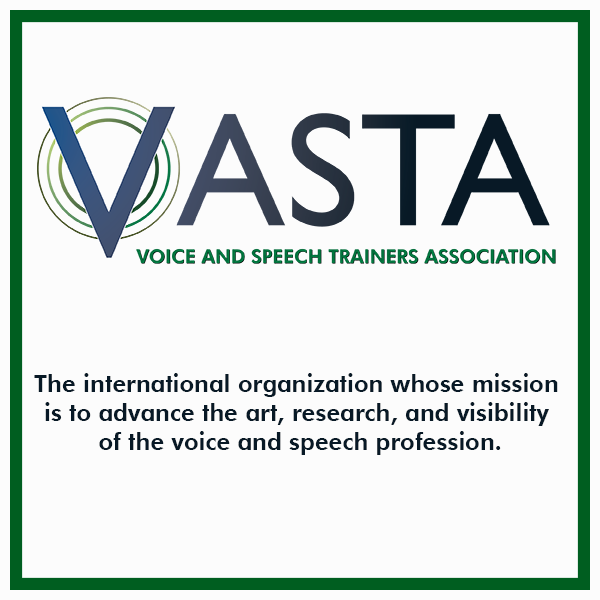Haiti 1
Listen to Haiti 1, a man in his 20s from Port-au-Prince, Haiti, and the United States. Click or tap the triangle-shaped play button to hear the subject.
Both as a courtesy and to comply with copyright law, please remember to credit IDEA for direct or indirect use of samples. IDEA is a free resource; please consider supporting us.
BIOGRAPHICAL INFORMATION
AGE: 20s
DATE OF BIRTH (DD/MM/YYYY): 1970s
PLACE OF BIRTH: Port-au-Prince, Haiti
GENDER: male
ETHNICITY: Haitian (exact ethnicity unknown)
OCCUPATION: N/A
EDUCATION: The subject studied for BM in voice in Lawrence, Kansas, United States.
AREA(S) OF RESIDENCE OUTSIDE REPRESENTATIVE REGION FOR LONGER THAN SIX MONTHS:
He moved to the United States at age 13.
OTHER INFLUENCES ON SPEECH:
Subject speaks fluent French and Creole.
The text used in our recordings of scripted speech can be found by clicking here.
RECORDED BY: Paul Meier and Megan Schemmel
DATE OF RECORDING (DD/MM/YYYY): 03/2000
PHONETIC TRANSCRIPTION OF SCRIPTED SPEECH: N/A
TRANSCRIBED BY: N/A
DATE OF TRANSCRIPTION (DD/MM/YYYY): N/A
ORTHOGRAPHIC TRANSCRIPTION OF UNSCRIPTED SPEECH:
I was born in Port-au-Prince, Haiti. Uh, Haiti is a country who shares the island with the Dominican Republic. And, uh, Haiti is a small country, and the population is about six-and-a-half million people. And, uh, it’s a not a very rich country, but it’s very lovely, it’s, uh, it’s you know in the middle of the Caribbean. So it’s, uh, a very nice place for tourists actually. Uh, actually in Haiti we have two languages; we have French, which is our national language, and, uh, Creole which is our native language. Creole is spoken by everyone in Haiti because it’s a, it’s a the language everyone you know grew up, grew up, uh, learning, I mean speaking. It’s a mixture of, uh, several different, different languages: It’s a mixture of, uh, French, a little bit of Spanish, and, uh, some language from Africa, which is, because you know this is where Haitians are originally from. And French is, uh, is the language that everyone will get a chance to, to go to school uh [to] learn. ‘Cause all the books and all the materials are written in French. Here’s the French, uh, version of The Lord’s Prayer.
[Subject now speaks the French and Creole versions of The Lord’s Prayer.]“Ki choy,” “ki choy” I would say is African. Uh, because we definitely don’t have it in, uh, in French. Where as “ciel” is definitely French, uh-huh. So it’s — I can’t remem- I can’t think of anything in Spanish, but I know there is something in there. Oh, yes, we have, uh, in Haiti we have a lot different lang- um, religions. We have, uh, Cath- the Catholicism is a predominant one; is it’s the main one there. But we have, uh, Baptism, and, uh, Jahova Witnesses and all those that basically we can find in here. Except for the Voodoo one, Voodoo one that, uh, we — I don’t think you guys have in here. It’s, uh, it’s also practiced in, uh, Cuba, I think. And, uh, I’m not sure for the Dominican Republic, but it’s I know they do it practice it in Cuba and Haiti. It’s, uh, sort of a prayer, like you know in the time when we when we have when we had slaves in Haiti, since, you know, they were not allowed to practice their own religion that the one they came from Africa with. So they were allowed — they were, uh, forced to practice the one that, uh, the masters were practicing, which was Catholicism. But at night, after their working hours, they would go out they would go in, uh, secret they would go somewhere else where their master wouldn’t find out, and have their personal ceremony their personal prayers, and I think that that that’s where Voodoo basically comes from.
TRANSCRIBED BY: Megan Schemmel (under the supervision of Paul Meier)
DATE OF TRANSCRIPTION (DD/MM/YYYY): N/A
PHONETIC TRANSCRIPTION OF UNSCRIPTED SPEECH: N/A
TRANSCRIBED BY: N/A
DATE OF TRANSCRIPTION (DD/MM/YYYY): N/A
SCHOLARLY COMMENTARY: N/A
COMMENTARY BY: N/A
DATE OF COMMENTARY (DD/MM/YYYY): N/A
The archive provides:
- Recordings of accent/dialect speakers from the region you select.
- Text of the speakers’ biographical details.
- Scholarly commentary and analysis in some cases.
- In most cases, an orthographic transcription of the speakers’ unscripted speech. In a small number of cases, you will also find a narrow phonetic transcription of the sample (see Phonetic Transcriptions for a complete list). The recordings average four minutes in length and feature both the reading of one of two standard passages, and some unscripted speech. The two passages are Comma Gets a Cure (currently our standard passage) and The Rainbow Passage (used in our earliest recordings).
For instructional materials or coaching in the accents and dialects represented here, please go to Other Dialect Services.
 IDEA: International Dialects of English Archive
IDEA: International Dialects of English Archive




